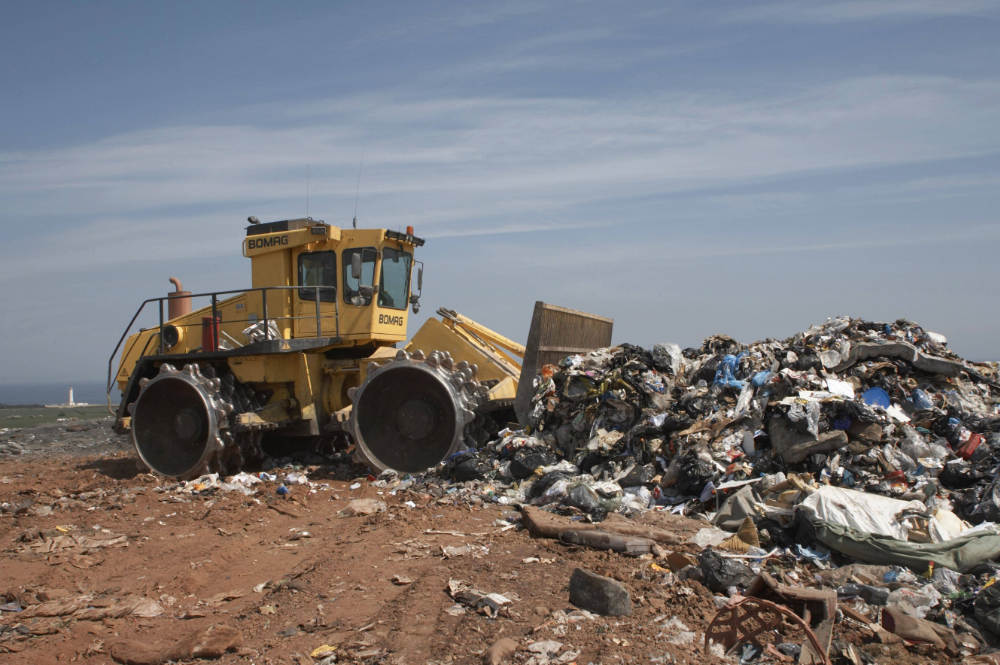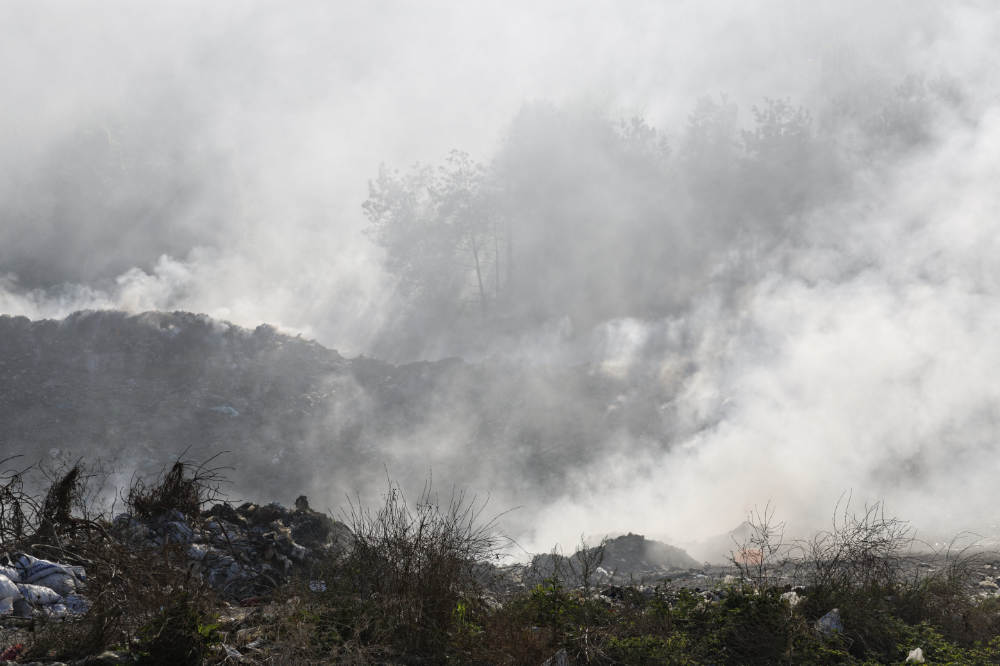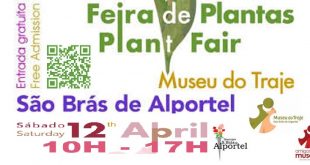Saturday 9th September 2023.
Sunday, 3 September. So I’m driving my electric car from São Brás de Alportel to Monchique, located in southern Portugal. At 10.54pm I become a witness, by chance and inadvertently, to a kind of spectacle that can really only take place under cover of darkness. I have to stop my car behind the refuse truck of the Camara Municipal de Loulé, as they are in the process of emptying a recycling container at the side of the road … Hang on though – …
… what are they doing? The scene is playing out in front of my windscreen in less than three minutes. At Rua Miguel Bombarda (EN 270), the CM Loulé refuse truck is picking up three different containers with different kinds of recyclables, carefully pre-divided up by the consumer – one after the other, and two bin men are tipping them onto the bed of the truck. So is this waste or valuable resources?
Is the re-joining of different recyclable resources, such as bottles, tins and plastic containers the new recycling policy of a sustainable town? No, these aren’t resources really – in the end this is still „refuse“ destined to end up on the Cortelha rubbish tip. Which is where waste is dumped and buried, as it has always been. Forever. And so it goes, day in day out, with the trash generated by our affluence. And if the rubbish tip isn’t stopped at some point by a few courageous politicians with visions for the future, our children and their children will become beggars, who one day will scour the trash of their ancestors for raw materials that may still be used. Shall we just close our eyes and carry on as usual, just because it’s comfortable like this? For how much longer?
Now if I hadn’t seen this with mine own eyes I wouldn’t have believed it. So I drive on, already thinking about the 2023 edition of the FAVA fair and the Round Table scheduled to take place on Friday 22 September at 6pm in Loulé at that very FAVA fair. Said Round Table aims to bring guests together to discuss the current sustainability of the cities of tomorrow. And I’m supposed to lead the discussion. Are today’s cities even working in a sustainable way? Or is this but greenwashing? Do these cities stand a chance of enjoying a sustainable future? Or will they disappear like Babylon, Pompeii or Troy? We will discuss issues such as the circular economy, waste and water management in times of drought, energy self-sufficiency, food production and distribution, as well as urban mobility, to mention but a few. We’ll have to talk about urban landscapes that from 2030 onwards won’t emit any more CO2. Is this even possible?
My job as a journalist here is to present and lead proceedings. Guests including mayor Vítor Aleixo, but also those who deliver water to customers or pick up their trash, will be my interlocutors. This could indeed be interesting if round tables didn’t always produce such boring, inconsequential… well, bla. So I should have a good think about how to make this an interesting evening. I should provoke the participants with risqué statements and stimulate them to come up with ways towards a solution. As for myself, I live in the forest and within nature. Living in cities? Thanks, but no thanks.
Participantes:
Vítor Aleixo – Mayor of Loulé
Sónia Soares – Head of the Floresta Nativa project
Inês Mesquita – Head of the Al-Bio federation of Algarvian biological producers
Ângela Rosa – Head of the Ecotopia Activa federation
Carlos Manso – President of the administrative council, Inframoura
Pedro Pimpão – President of the administrative council, Infraquinta
Noel Santos – Co-organiser, Animal Save & Care Portugal
Patrícia Fernandes and Sérgio Pinto – Representatives of Oficina Electro-Loulé
Cláudio Casimiro – President of the administrative council of Loulé Concelho Global
Bruno Fonseca – Speaker for the directing council, federation of electric vehicle users
 Eco123 Revista da Economia e Ecologia
Eco123 Revista da Economia e Ecologia




